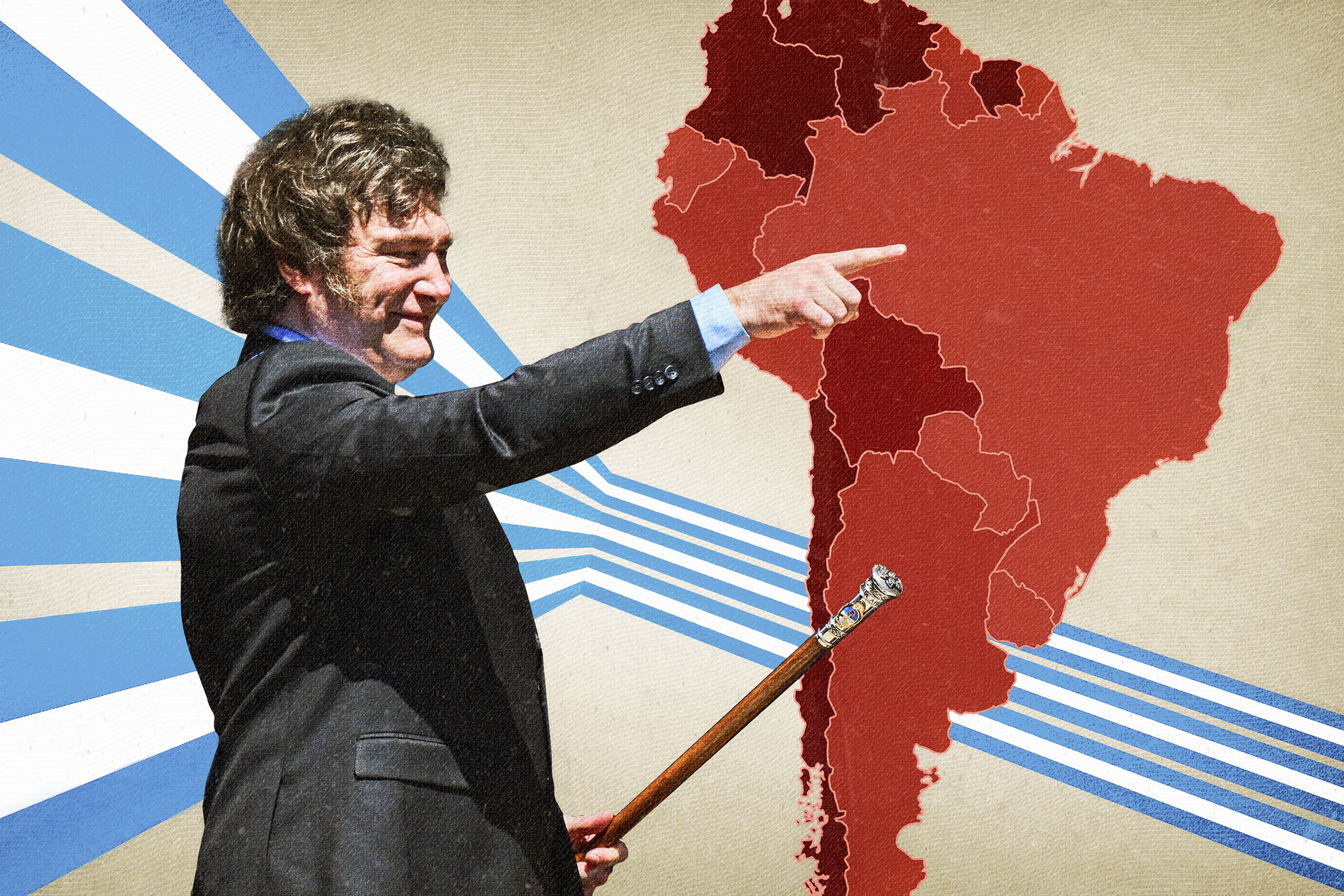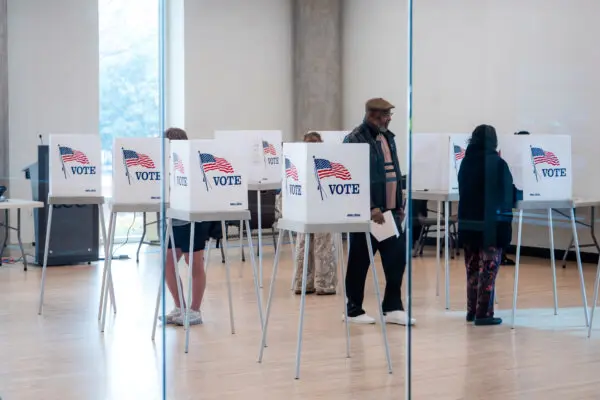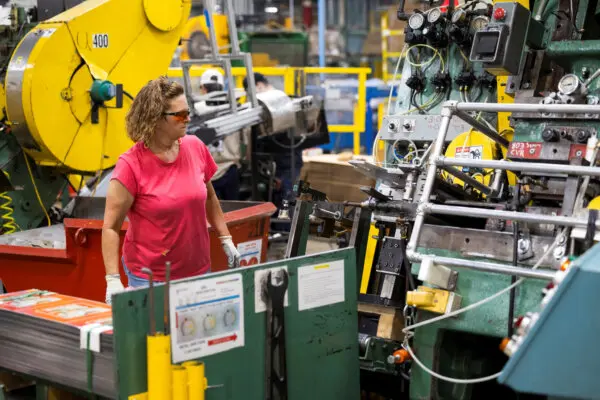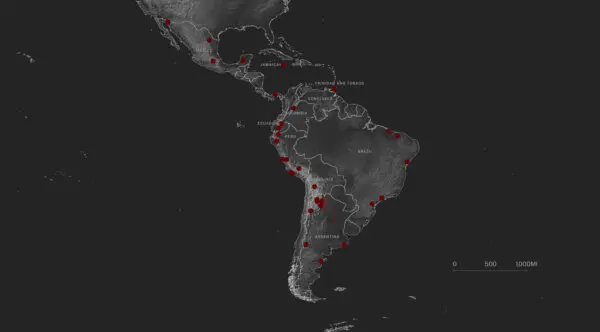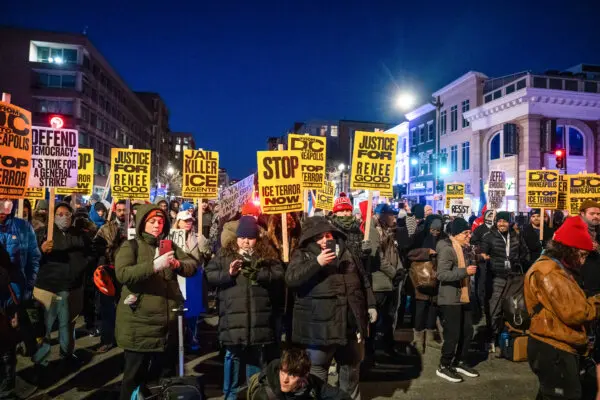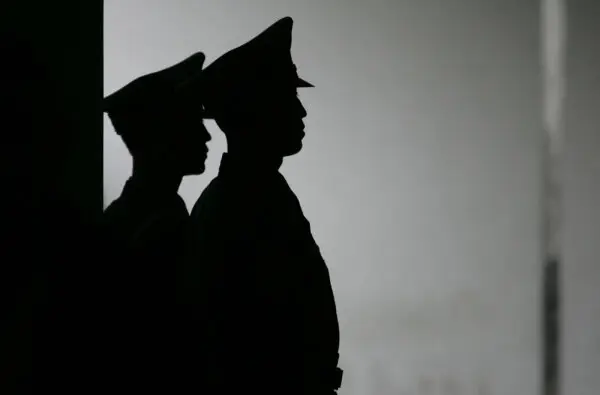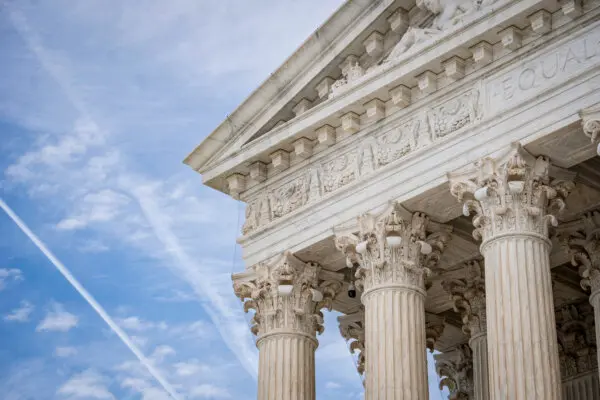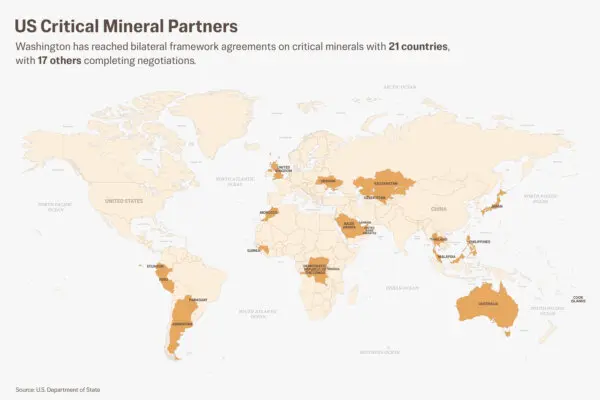BUENOS AIRES, Argentina—Javier Milei’s landmark election as president of Argentina might prove to be a turning point in the dominance of leftist governments in Latin America. Some are hoping it goes beyond.
“He’s starting a revolution that begins here, is going to go through America, all the way to the north and then on to Europe,” Lilia Lemoine, a newly elected congresswoman in Argentina and longtime Milei ally, told The Epoch Times at Mr. Milei’s inauguration on Dec. 10.
